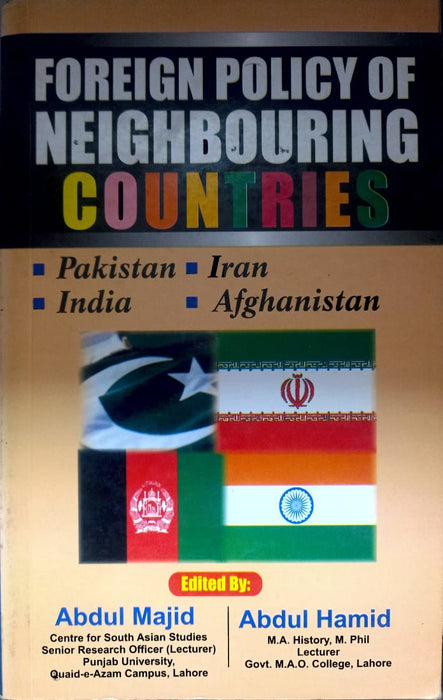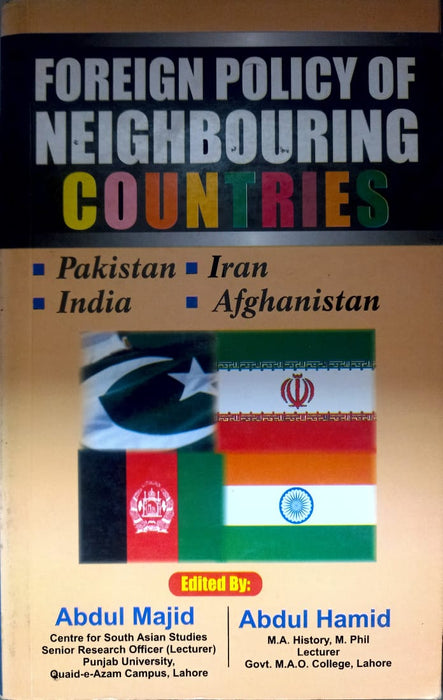Foreign Policy of Neighboring Countries For CSS PMS PCS & Other Exams By Abdul Majid & Abdul Hamid
- Publisher: Emporium Publishers
- Availability: In Stock
- SKU:
- Number of Pages: 200
Rs.150.00
Rs.200.00
Tags: Abdul Hamid , Abdul Majid , Best Buys , Bilateral Relations , Border Disputes , Conflict Resolution , Cross-Border Relations , CSS Exam , Cultural Exchange , Diplomatic Strategies , Discounted Items , Discounts Deals , Economic Cooperation , Exclusive , Faisalabad , Foreign Policy , Foreign Relations , Geographical Factors , Geopolitics , Global Influences , Gujranwala , Hot Deals , Hyderabad Marking , International Relations , Islamabad , Lahore , Leadership Dynamics , Military Alliances , Multan , Neighboring Countries , Neighboring Nations , Online Discounts , Online Sale , Pakistan , PCS Exam , Peace Initiatives , PMS Exam , Policy Formulation , Political Dynamics , Power Balance , Quetta , Rawalpindi , Regional Cooperation , Regional Stability , Savings , Security Challenges , Security Concerns , Shopping , Sovereignty , Strategic Alliances , Strategic Interests , Territorial Integrity , Trade Agreements
"Foreign Policy of Neighboring Countries" by Abdul Majid & Abdul Hamid provides a comprehensive examination of the foreign policy strategies adopted by neighboring nations, tailored for CSS, PMS, PCS, and other competitive examinations. Through meticulous analysis, Majid and Hamid offer insights into the diplomatic dynamics, strategic interests, and geopolitical considerations shaping the relationships between countries sharing borders. This book serves as an invaluable resource for aspirants seeking to understand the complexities of international relations in the context of neighboring states.
The authors delve into the historical, political, and economic factors influencing foreign policy decisions, offering readers a nuanced understanding of the evolving dynamics among neighboring countries. From border disputes to trade agreements, Majid and Hamid explore the multifaceted dimensions of interactions between nations, highlighting the significance of diplomacy in maintaining regional stability and fostering cooperation. Additionally, they analyze the role of major global powers in shaping the foreign policy agendas of neighboring countries, shedding light on the intricate balance of power in the region.
Key Points:
1. Examination of foreign policy strategies
2. Diplomatic dynamics and strategic interests
3. Geopolitical considerations in neighboring relations
4. Historical and political factors influencing foreign policy
5. Border disputes and trade agreements
6. Role of major global powers
7. Regional stability and cooperation.
Publishers ✤ Emporium Publishers
























